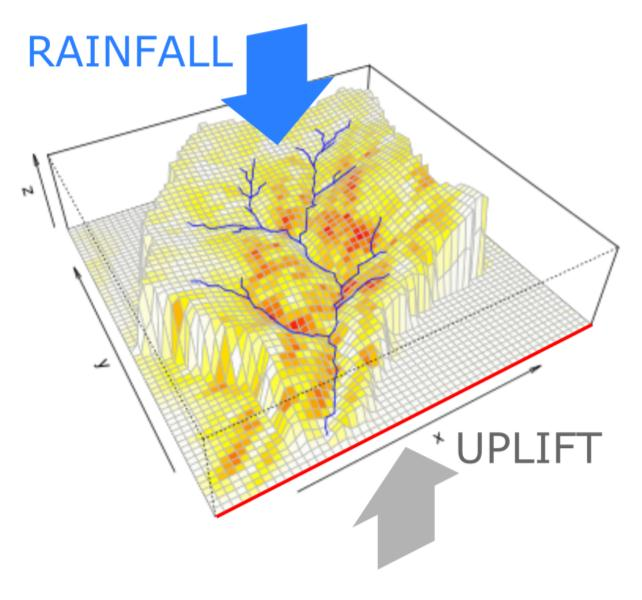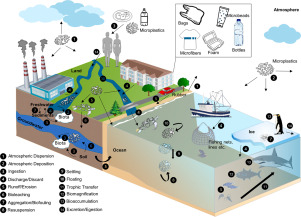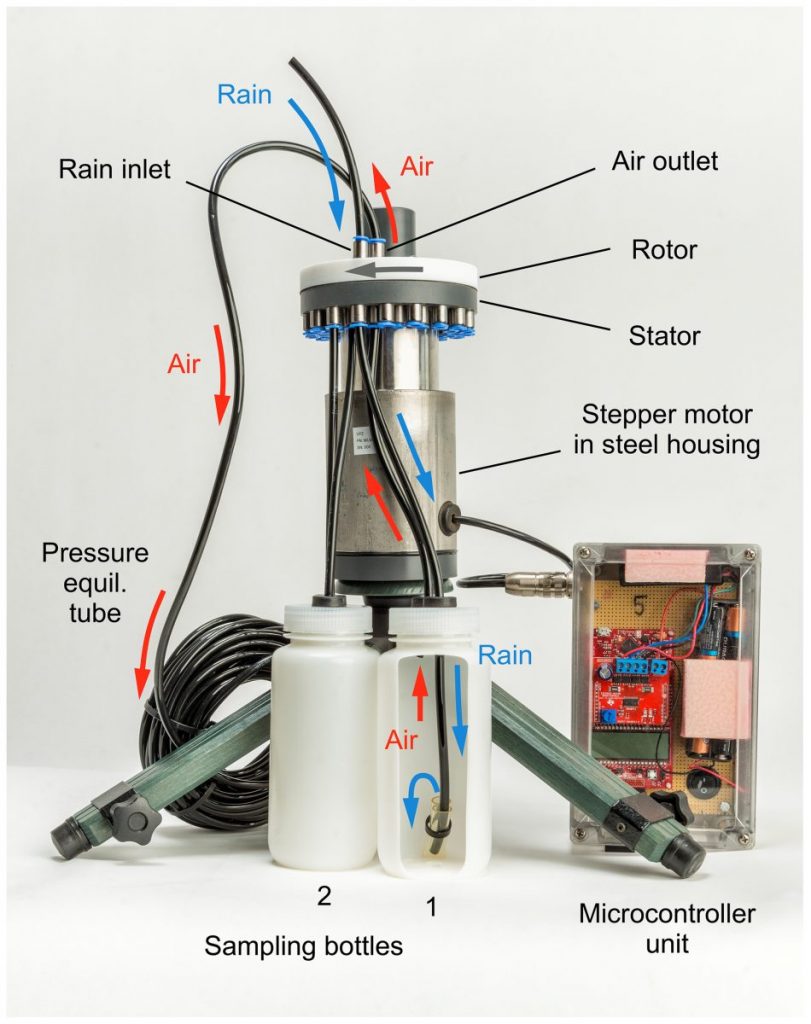Exploring the feedback between landscape evolution and orographic rainfall

At geological timescales of millions of years, landscape evolution is influenced by tectonics and climate. Many studies have focused on the role of tectonics in shaping the landscape, but the role of climate, in particular rainfall magnitudes and patterns, has been relatively neglected. Rainfall does not stay stationary while a landscape evolves. It is theorized that there is a feedback mechanism between rainfall patterns and landscape evolution – the erosion of mountainous ridges reduces orographic rainfall, which in turn reduces erosion rates. In this thesis, a numerical rainfall model and a landscape evolution model will be used to analyze the feedback between orographic rainfall and erosion rates, as well as its impact on mountainous landscapes.
How eco-friendly is Lausanne? Analyzing stream microplastics

Due to their slow degradability or transformation, microplastics are exceptionally durable. Thus, they are practically everywhere, in the soil, in the water, and in the air. Lakes, for example, accumulate large quantities of microplastics as a result of their durability. In recent analyses of Lake Geneva, large quantities of microplastic waste were found, but they pose no immediate threat to the environment or water quality. Nevertheless, their occurrence is undesirable and relevant to the current ban on pollution. By measuring the microplastic concentration and streamflow discharge from the urban drainage system in Lausanne, along with monitoring the water in Lake Geneva, a transport model will be developed that will estimate the contribution of microplastics originating in Lausanne.
Rainfall recycling in cities

Urban environments suppress evapotranspiration. This is due to several factors, including the reduced amount of vegetation compared to rural surroundings and the lower soil water content because of impervious surfaces within built-up areas, which reduces latent heat flux. As a result, rainfall amounts are expected to decrease in urban areas. In contrast, extreme summer rainfall is likely to intensify due to the urban heat island, which contributes to vertical convection and evaporation. It will have a direct impact on urban flooding. The urban evaporation excess during summer rainfall is a theory based primarily on climate models. Throughout this thesis, stable O and H isotopes will be used as a proxy to estimate the contribution of urban evaporation to heavy summer rainfall with the aim of verifying the theoretical framework of urban intensification of extreme rainfall events.
